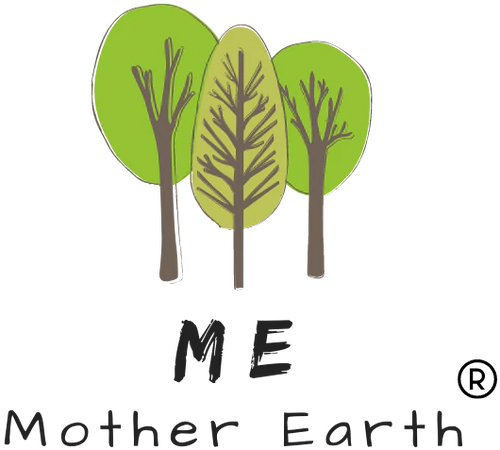Want to do more to reduce the waste you send to a landfill? Composting is the answer! It is one of most impactful individual actions you can make to benefit our Mother Earth. Not only does it reduce waste in landfills, but it lowers greenhouse gas emissions, and enriches soil with valuable nutrients thus promoting healthier plant growth. Composting transforms organic waste into a sustainable resource, benefiting both the environment and our communities.
Why Composting is a Game Changer
It is shown that composting is actually better than recycling in some ways (we should all be doing both!) Despite this, AgRecycle reports that every year, each American throws out about 1,200 pounds of compostable, organic garbage every year. Many people are either unaware of how salvageable their "trash" is or believe that composting is an impossible task. Here are some steps to overcome those barriers and give back to Mother Earth.

Create or Discover Your Compost Bin
One of the biggest hurdles in sustainable living is figuring out how to compost without attracting odors and pests. Here are a few options:
-
Kitchen-Sized Compost Bin: Ideal for small apartments, a kitchen-sized compost bin with a charcoal filter can effectively hold your organic waste without unpleasant odors. This is great when your municipality collects organic waste, or when you have a community compost drop-off option to discard it when it's full. Local to Las Vegas? We've got you covered! See details here.
-
DIY Outdoor Compost Bin: If you're ready to make your own, an outdoor bin that’s elevated or sealed tight to keep critters out is a great option. The cheapest way is to use a plastic bucket with a tight lid. You can reduce plastic use by sourcing free 5-gallon buckets from bakeries or stores. Drill holes for airflow and attach a wire mesh behind them to prevent critters from sneaking in. Shake it occasionally to encourage mixing. You can also find other, multiple DIY options here.
-
Dig-and-Drop Composting: As simple as it sounds, dig a hole in your garden, drop in the compostable materials, and bury it again. This works best if you have a large yard to keep it away from your house and softer ground.
Identify What Can or Cannot Be Composted
To compost or not to compost? It’s common to question what can be placed back in the soil. Me Mother Earth has summed it up into two types: greens and browns. When properly mixed, you can even control your compost’s odor.
-
Green Materials: These nitrogen-rich materials include fruit and vegetable remains, coffee grounds, grasses, and grains. They supply most of the nutrients for garden soils.
-
Brown Materials: These carbon-rich materials include newspaper, yard waste, cardboard, paper towels, and napkins. They increase airflow in the mixture while also adding bulk.
For home composting, it's crucial to maintain a specific ratio of these materials to ensure proper breakdown. It’s recommended to have about four times as many brown materials as green. If your compost pile starts to smell bad, increase the browns. If it isn’t heating enough, increase the greens.

Feed Your Soil!
Congrats! Now you have your very own compost pet. What are you gonna name it? How are you gonna feed it? And most importantly, don’t forget about it!
Just like a pet, it’s encouraged to adapt your lifestyle around your soil. Don’t get discouraged if there’s too much or too little to compost. There are always creative ways to optimize your dirt. Consider everything: can what you buy be fed to your compost pile? Will your indoor plants appreciate that old bamboo toothbrush you composted? Can you create that tiny garden you’ve always dreamed of just by composting your dish sponges?
Shopping at sustainable, vegan companies like Me Mother Earth can further help you reduce your waste. All our products are either endlessly reusable or biodegradable, helping you transition into a zero waste or low waste lifestyle. Just think – no more environmental concerns for everyday products you already buy! Managing your own carbon footprint through composting will offer more ease to you, your family, and to Mother Earth. Small steps matter.
Mother Earth will thank you!

